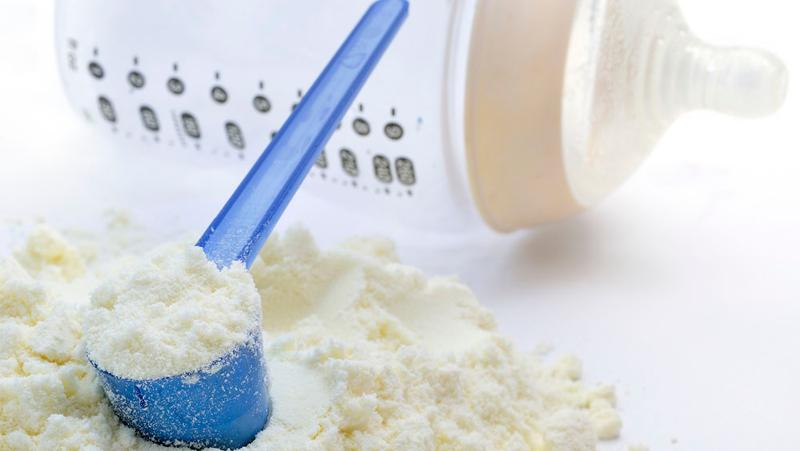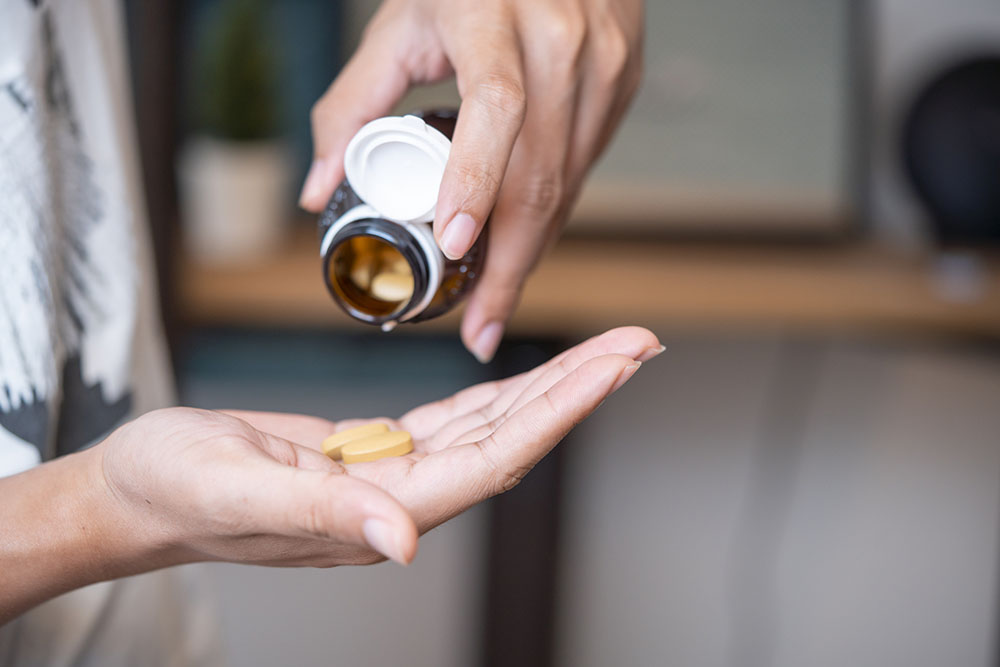
COVID-19 lockdowns and travel restrictions have devastated the daigou market, with Australian businesses that depended on this unofficial personal shopper trade losing millions of dollars, consumer expert Professor Gary Mortimer, from QUT Business School, said.
- Daigou, the personal shopper trade, losing $millions
- Pre-COVID $2.5 billion worth of Australian goods went to China via daigous
- Infant formula and vitamin supplement business reporting decreases in net
"Daigou tend to be Chinese nationals, often on student visas or working visas, who buy in-demand Australian products such as infant formula, health and beauty items and non-perishable foods, then post them back to extended family and others in China for a profit.
"Australian vitamin, beauty products, supplements and baby formula brands have been generating millions of dollars in profit from this 'unofficial' daigou trade channel for years.
"The market was so lucrative prior to COVID19, it was estimated between 1,200 to 1,600 small daigou stores were set up in Australia to offer 'pack and send' services back to China."
Professor Mortimer said the primary focus had been on emerging trade tensions between Australian and China over the past few months, the secondary daigou trade route to China had been quietly deteriorating.

"We tend to think of trade between China and Australia going through official trade routes, ports and shipping channels, underpinned with agreements and tariffs but some of Australia's largest brands have been stripped of millions from the reduction of this unofficial channel.
"H&H International Holdings, the owner of vitamin and supplement brands, Swisse and Biostime, said in their company Interim Report 2020:
'The ANZ market, conditions remain challenging in the near-term due to the continued decline of daigou activity - revenue decreased in the first half by 35.per cent on a like-for-like basis. Revenue from the corporate daigou channel decreased by 59.7 per cent due to logistics challenges such as limited freighting services, surging shipping costs and extended customs clearance time.'
"Similarly, Blackmores 2020 Annual Report, stated:
'Demand for Australian Vitamin and Dietary Supplement products from Chinese shoppers was 24 per cent of Australian retail sales, dropping to 16 per cent as travellers to and from China stopped visiting due to COVID-19 restrictions. For Blackmores Australia, sales to Chinese shoppers in retail were down 16 per cent, resulting in a 15 per cent decrease in net sales to $227 million for the full year.
"Infant formula manufacturer, a2 Milk in their NZX/ASX Market Release Statement, advised:
'…lower than anticipated sales to retail daigous in Australia, due to reduced tourism from China and international student numbers…. sales in the daigou channel represent a significant proportion of infant formula sales in our Australia and New Zealand (ANZ) business'."






